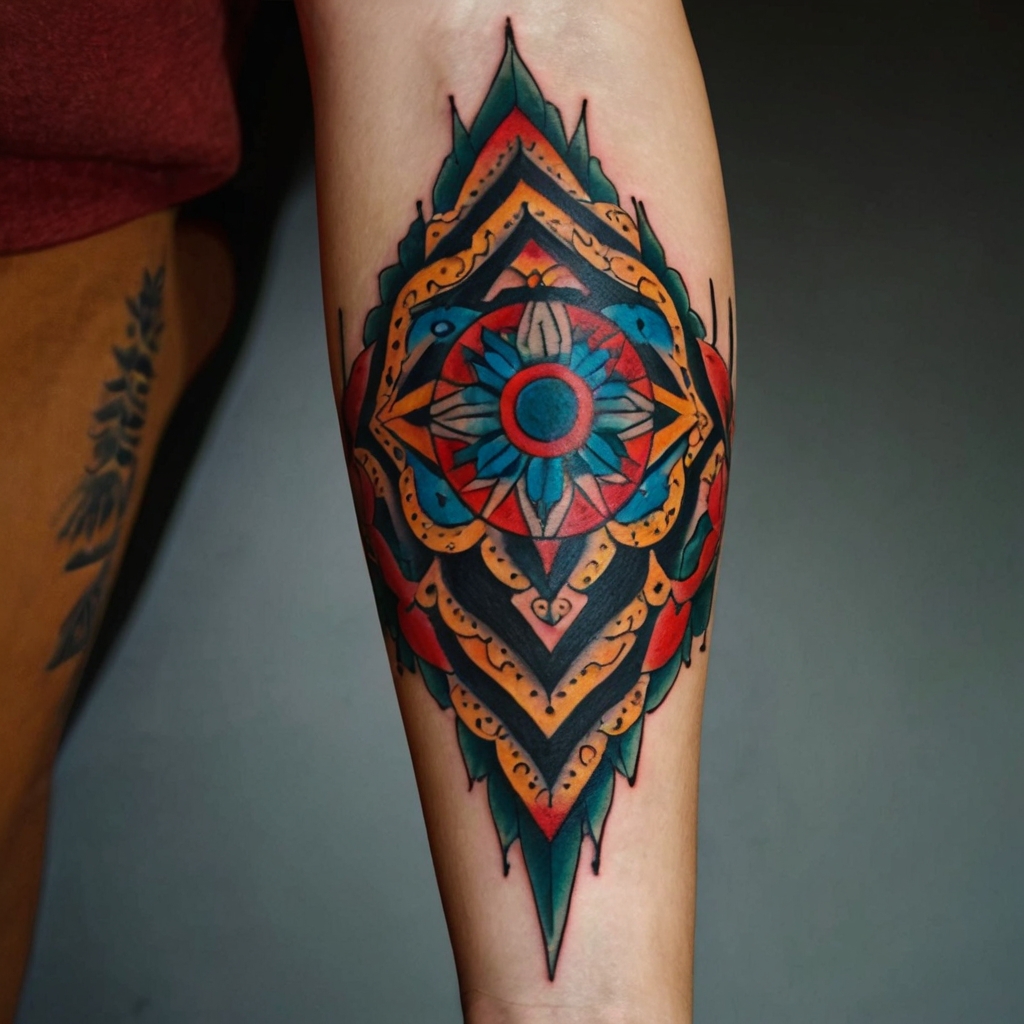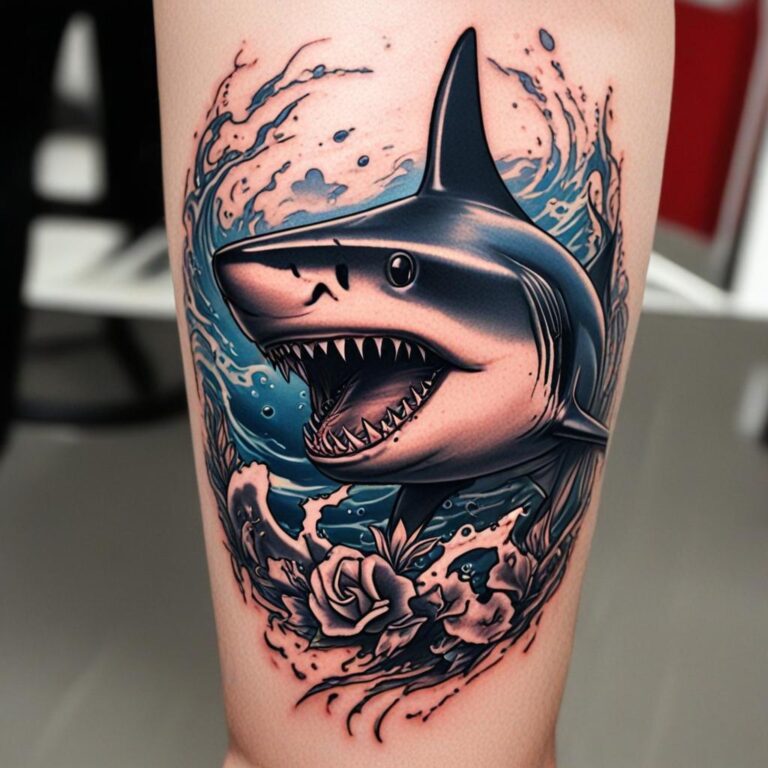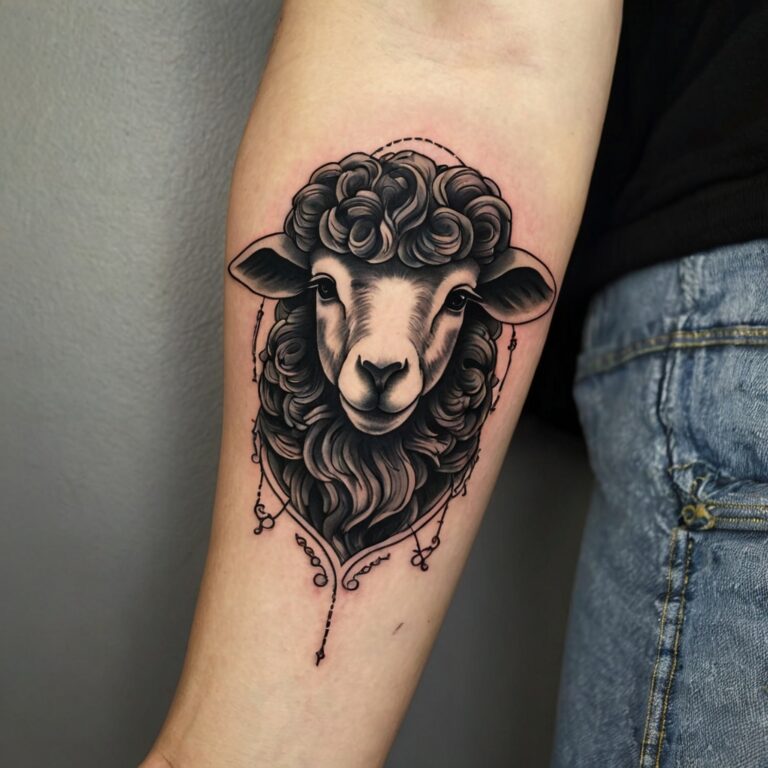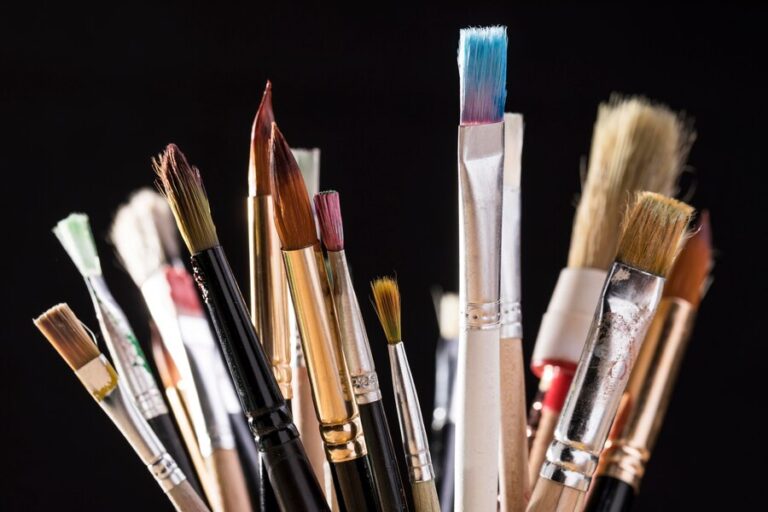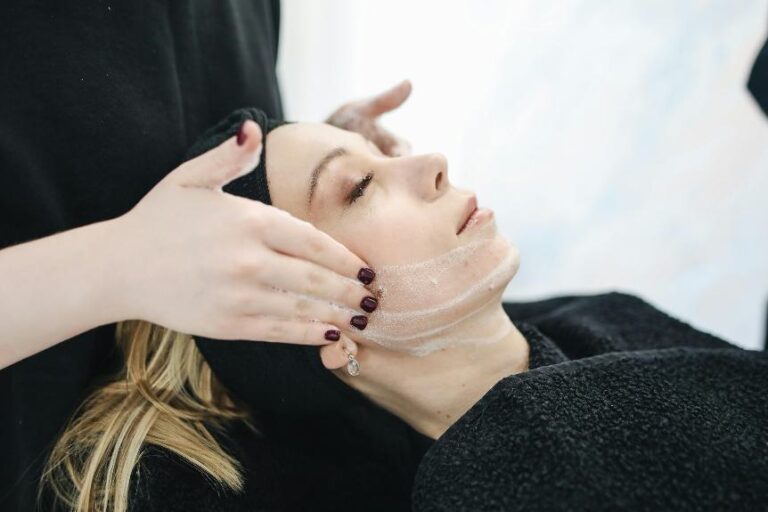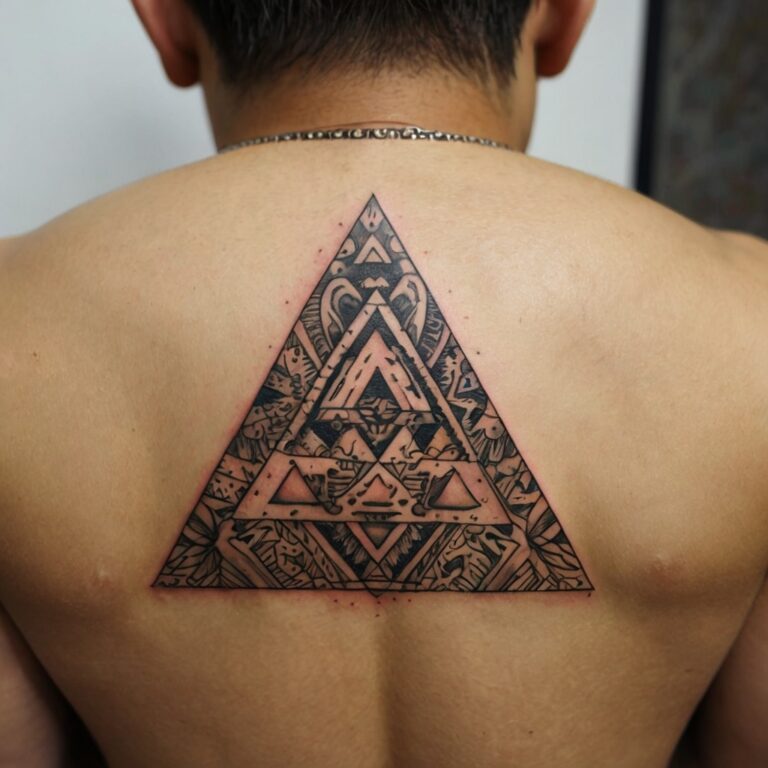Key Takeaways
- Rich Symbolism: Traditional tattoos are imbued with deep meanings and historical significance, representing values like love, loyalty, stability, and strength.
- Cultural Heritage: Each traditional tattoo design is rooted in specific cultural contexts, conveying personal and universal stories that span generations and continents.
- Historical Evolution: From ancient therapeutic practices to sailors’ nautical symbols, traditional tattoos have evolved yet retained their core significance as markers of identity and rites of passage.
- Animal and Nautical Themes: Popular motifs like lions, eagles, anchors, and swallows encapsulate qualities such as courage, freedom, stability, and safe returns.
- Tribal Significance: Tribal tattoos in Native American, Maori, and Polynesian cultures signify social rank, genealogy, and personal milestones, often created with intricate, meaningful designs.
- Modern Influence: Traditional tattoos maintain relevance today, influencing contemporary tattoo art and continually celebrated for their historical and cultural depth.
The History of Traditional Tattoos
Origins and Evolution
Traditional tattoos, often characterized by bold lines and classic colors, originated in ancient cultures and have evolved significantly over centuries. Early tattoos served as markers of status and rites of passage, dating back to 3370 BC with the discovery of Ötzi the Iceman, whose tattoos were likely therapeutic. In Polynesia, traditional tattoos indicate social rank and genealogy. By the 18th and 19th centuries, sailors popularized traditional tattoos, often incorporating nautical themes such as anchors and swallows, as symbols of their journeys.
Cultural Significance Across the World
Across different cultures, traditional tattoos carry unique meanings. In Japan, Irezumi tattoos symbolize protection, courage, and spirituality, often depicting mythological creatures. Native Americans use tattoos for tribal identity and spiritual beliefs, employing symbols like the eagle and bear. In Celtic culture, tattoos reflect complex knot patterns, representing eternity and interconnectedness. Each culture imparts its values, beliefs, and stories into traditional tattoo designs, making them rich in significance and personal to the wearer.
Common Themes in Traditional Tattoos
Animal Symbols and Their Meanings
Animal symbols in traditional tattoos often represent traits or qualities that the bearer admires or seeks to embody. For instance, a lion symbolizes courage and strength. You might see tattoos of eagles, representing freedom and vision, or wolves, signifying loyalty and family unity. In various contexts, animal tattoos serve as powerful totems or spiritual guides, adding layers of meaning to the wearer’s journey.
| Animal | Meaning |
|---|---|
| Lion | Courage & Strength |
| Eagle | Freedom & Vision |
| Wolf | Loyalty & Family Unity |
Nautical Themes and Sailor Tattoos
Nautical tattoos often symbolize adventure, guidance, and protection. Anchors, a popular theme, signify stability and hope. Swallows represent safe returns and loyalty. For sailors, these tattoos were talismans guarding against the perils of the sea. Whether it’s a compass showing direction or a ship symbolizing a journey, nautical tattoos embody a rich heritage of exploration and resilience.
| Nautical Symbol | Meaning |
|---|---|
| Anchor | Stability & Hope |
| Swallow | Safe Returns & Loyalty |
| Compass | Direction & Guidance |
| Ship | Journey & Exploration |
The animal and nautical themes within traditional tattoos connect deeply with personal and cultural histories, reflecting the values, stories, and aspirations of those who wear them. These enduring symbols continue to be celebrated and revered across generations.
Symbolism in Tribal Tattoos
Native American Tribal Markings
Native American tribal markings represent cultural identity, spirituality, and rites of passage. These tattoos reflect the tribe’s rich history and beliefs. For example, animals like the bear symbolize strength and protection, while the eagle represents spiritual connection and freedom. Different tribes employ specific designs to mark achievements, status, or significant life milestones. Tribal leaders might wear tattoos of specific symbols that indicate their rank or role within the community.
Maori and Polynesian Tattoo Traditions
Maori and Polynesian tattoos symbolize genealogy, social status, and personal achievements. These intricate designs tell a story about the wearer’s heritage and accomplishments. For instance, the Maori face tattoo (moko) denotes the individual’s lineage and social standing. Polynesian tattoos often include motifs like the shark, symbolizing adaptability and strength, and the turtle, representing longevity and fertility. The tattoos are traditionally applied using hand-tapping methods, making the process a significant rite of passage itself.
Traditional Tattoos in Modern Culture
Revival and Popularity
Traditional tattoos symbolize heritage, identity, protection, and personal achievements. Their meanings have been preserved or adapted in modern culture.
Interest in traditional tattoos surged in recent decades, propelled by a growing appreciation for their historical and cultural significance. TV shows focused on tattoo artistry, like “Miami Ink” and “Ink Master”, brought these designs into mainstream attention. Artists and enthusiasts seek authenticity, favoring bold lines and culturally rich symbols. Tattoo conventions across the globe showcase traditional tattoo styles, attracting enthusiasts who desire timeless designs carrying profound meanings.
Influence on Contemporary Tattoo Art
Traditional tattoo elements profoundly influence contemporary tattoo art. Current designs often incorporate motifs from various cultures, creating a fusion of old and new. For example, modern tattoos might merge the strong lines of American traditional styles with intricate patterns from Polynesian or Japanese tattoos. This blending enhances the visual appeal and depth of the art, honoring traditional roots while embracing contemporary aesthetics.
Many tattoo artists specialize in traditional styles, ensuring these ancient techniques and meanings continue to flourish. They skillfully adapt timeless designs to suit modern tastes while preserving their historical importance.
Conclusion
Traditional tattoos are more than just ink on skin; they’re a testament to cultural heritage and personal identity. As these timeless designs continue to captivate modern audiences, they bridge the gap between past and present. Whether you’re drawn to the intricate patterns of Irezumi or the bold lines of Celtic art, traditional tattoos offer a meaningful way to express yourself. Embracing these designs allows you to honor ancient traditions while making a unique statement in today’s world. So, when you choose a traditional tattoo, you’re not just getting a piece of art—you’re becoming part of a rich, historical tapestry.
Frequently Asked Questions
What are traditional tattoos?
Traditional tattoos are designs that have been passed down through generations, often holding cultural and historical significance. They include ancient symbols, motifs, and styles that represent various aspects of heritage, identity, and rites of passage.
Why are traditional tattoos significant?
Traditional tattoos carry deep cultural and historical importance. They often symbolize status, achievements, and rites of passage within a community. They serve as a means of preserving heritage and personal identity.
Can you give examples of traditional tattoos?
Yes, examples include Irezumi tattoos in Japan, Native American tribal tattoos, and Celtic designs. Each of these holds unique meanings and historical significance in their respective cultures.
How have traditional tattoos influenced modern tattoo culture?
Traditional tattoos have greatly influenced modern tattoo culture by preserving ancient techniques and styles while adapting them to contemporary tastes. This fusion of old and new has been fueled by increased interest in heritage and identity.
Why are traditional tattoos becoming more popular today?
The revival in traditional tattoos is driven by a growing interest in heritage and personal identity. TV shows, tattoo conventions, and skilled artists have brought more attention to these culturally rich designs, making them more popular today.
Are traditional tattoo techniques still used today?
Yes, many tattoo artists still use traditional techniques, often adapting them to suit modern preferences. This allows for a blend of historical importance and contemporary style in today’s tattoo art.
How do TV shows and conventions impact traditional tattoos?
TV shows and tattoo conventions have spotlighted traditional tattoos, helping to fuel their revival by showcasing their cultural significance and the artists who specialize in these styles. This increased visibility has led to a broader appreciation and demand for traditional tattoo designs.

